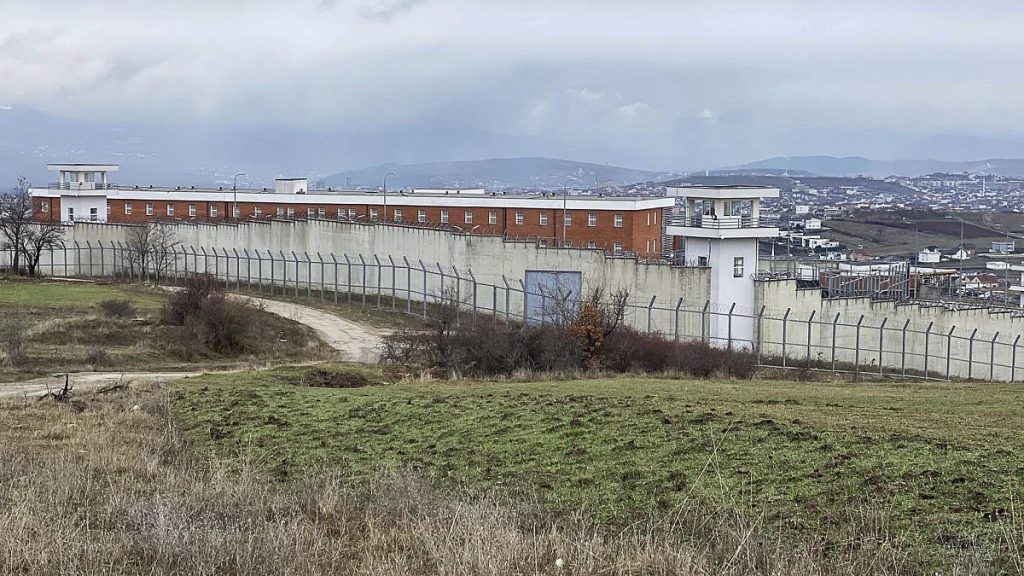The recent treaty between Denmark and Kosovo, which was signed in 2021 and approved by Kosovo’s parliament earlier this year, involves sending up to 300 prisoners from Denmark to Kosovo in order to alleviate overcrowding in Danish prisons. Denmark’s justice minister Peter Hummelgaard visited a detention center in southeast Kosovo to oversee the preparations for the transfer of prisoners. The deal will see Kosovo leasing 300 prison cells in the Gjilan prison to Denmark, who will be responsible for renovating and modernizing the facility to meet Danish standards. The yearly cost of the deal is estimated to be €15 million, with the cells in Kosovo being used exclusively for foreign nationals convicted of crimes in Denmark who are due to be deported after serving their sentences.
The Director of the Correctional Service of Kosovo, Ismail Dibrani, stated that the prisoners sent from Denmark will have the opportunity for employment in the Gjilan center once the necessary investments have been made by Denmark. The agreement includes the establishment of workshops within the facility where convicts can work. This project aligns with the needs and requirements of the Danish state, aiming to provide prisoners with the opportunity to engage in productive activities during their incarceration. However, human rights groups have expressed concerns regarding the decision to transfer inmates to the Kosovo prison due to past allegations of abuse in the country’s prison system. While it is acknowledged that it is not guaranteed that abuse will occur in Kosovo, there is an increased risk compared to being in a Danish prison, according to Therese Rytter, the legal director of Danish human rights group, Dignity.
The US State Department’s 2023 report highlighted some persistent issues within Kosovo’s prison system, such as violence among prisoners, corruption, and inadequate treatment for inmates with mental disabilities. The report suggests that while Kosovo’s prisons meet some international standards, there are still areas that need improvement in terms of healthcare access and family visits for inmates. The concerns raised by the US State Department echo those of the UN Committee against Torture, which expressed worries about the conditions within Kosovo’s prisons. These reports indicate that there are ongoing challenges that need to be addressed to ensure the well-being and rights of prisoners in Kosovo.
The Denmark-Kosovo agreement bears similarities to a deal between Albania and the UK, where hundreds of Albanian prisoners were sent back to their home country in exchange for British support in upgrading Albania’s prison system. This type of arrangement allows for the transfer of inmates to their home countries where they can serve their sentences while also enabling the sending countries to collaborate with the host countries in improving their prison facilities. By leveraging international partnerships in this manner, countries can work together to address issues of prison overcrowding and enhance the rehabilitation and reintegration of offenders. The cooperation between Denmark and Kosovo reflects a shared commitment to finding solutions to challenges in their respective prison systems through mutual support and collaboration.


